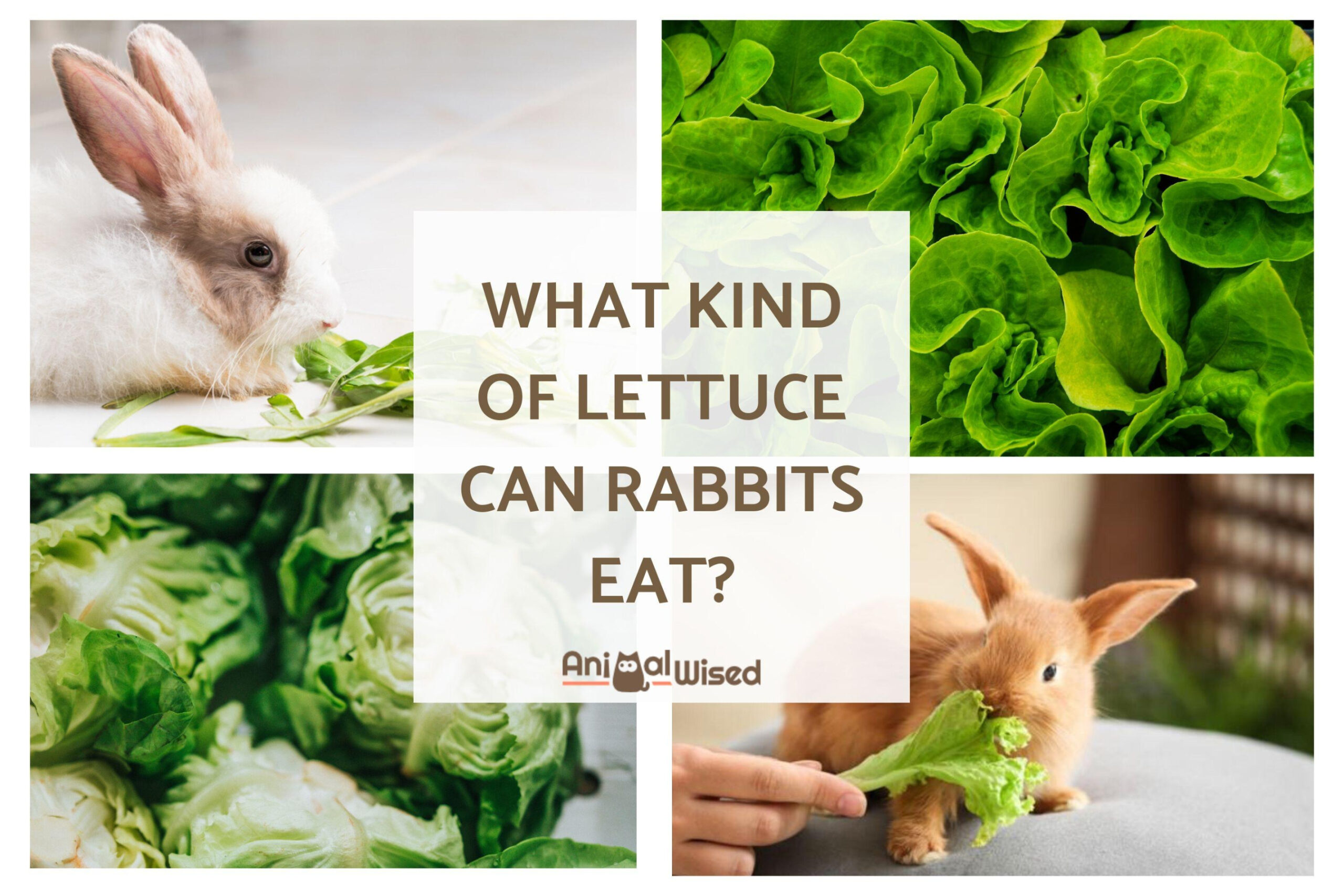Can Rabbits Eat Green Leaf Lettuce?
Rabbits are herbivores and their diet mainly consists of vegetables and hay. Green leaf lettuce is one of the many vegetables that rabbits can consume. However, it is important to understand the benefits and potential risks associated with feeding green leaf lettuce to rabbits.

Benefits of Green Leaf Lettuce for Rabbits
Green leaf lettuce is a great source of hydration for rabbits due to its high water content. It also contains essential nutrients such as vitamin A, vitamin K, and folate, which are important for the overall health of rabbits. Additionally, the high fiber content in green leaf lettuce aids in proper digestion and helps prevent gastrointestinal issues in rabbits.
Risks of Green Leaf Lettuce for Rabbits
While green leaf lettuce can be a healthy addition to a rabbit’s diet, it should be fed in moderation. Overfeeding lettuce, including green leaf lettuce, can lead to digestive problems such as diarrhea and bloating in rabbits. Lettuce should always be introduced gradually into a rabbit’s diet to avoid any negative effects on their digestive system. It is also important to note that not all rabbits have the same tolerance for lettuce, and some may be more sensitive than others.
Feeding Green Leaf Lettuce to Rabbits – Best Practices
When feeding green leaf lettuce to rabbits, it is important to follow these best practices to ensure the well-being of your furry friend:
- Introduce lettuce gradually: Start by offering a small amount of green leaf lettuce to see how your rabbit reacts to it. If there are no adverse effects, you can gradually increase the portion.
- Wash thoroughly: Always wash green leaf lettuce thoroughly to remove any pesticides or dirt that may be present. Organic lettuce is preferred, but if not available, regular lettuce can be used after thorough washing.
- Remove the core: The tough core of the lettuce should be removed before feeding it to rabbits. The core can be difficult to chew and may cause choking or other digestive issues.
- Moderation is key: While green leaf lettuce can be included in a rabbit’s diet, it should be fed in moderation. Too much lettuce can disrupt the delicate balance of a rabbit’s digestive system.
- Rotate with other vegetables: It is important to offer a variety of vegetables to rabbits, including leafy greens other than lettuce. This ensures a well-rounded diet and prevents overreliance on a single type of food.
Frequently Asked Questions (FAQs)
1. Is it safe to feed rabbits green leaf lettuce every day?
Feeding green leaf lettuce to rabbits every day is not recommended. While it can be a healthy addition to their diet, it should be fed in moderation to avoid digestive issues. Rotating with other leafy greens is a better approach to ensure a balanced diet.
2. Can rabbits eat the stems of green leaf lettuce?
Yes, rabbits can eat the stems of green leaf lettuce. However, it is important to ensure that the stems are not too tough or fibrous, as they can be difficult for rabbits to chew and digest. Removing the tougher parts of the stem is advisable.
3. How much green leaf lettuce should I feed my rabbit?
The portion size of green leaf lettuce will depend on the size and weight of your rabbit. It is recommended to start with a small amount, such as one or two leaves, and observe how your rabbit reacts to it. If there are no digestive issues, you can gradually increase the portion size.
4. Can green leaf lettuce be harmful to rabbits?
While green leaf lettuce is generally safe for rabbits, overfeeding or introducing it too quickly into their diet can lead to digestive problems. It is important to follow the recommended guidelines and monitor your rabbit’s response to ensure their well-being.
In conclusion, green leaf lettuce can be included in a rabbit’s diet as part of a balanced meal plan. It provides hydration, essential nutrients, and fiber. However, it should be introduced gradually and fed in moderation to avoid any potential negative effects on a rabbit’s digestive system. Monitoring the rabbit’s response and consulting a veterinarian for specific dietary recommendations is always advisable for the overall health and well-being of your furry friend.
Related Articles…
Copyright Notice:
All images on this website are obtained from the internet and remain copyrighted to their original owners. If you hold copyright to any image and want it taken down, please reach us.